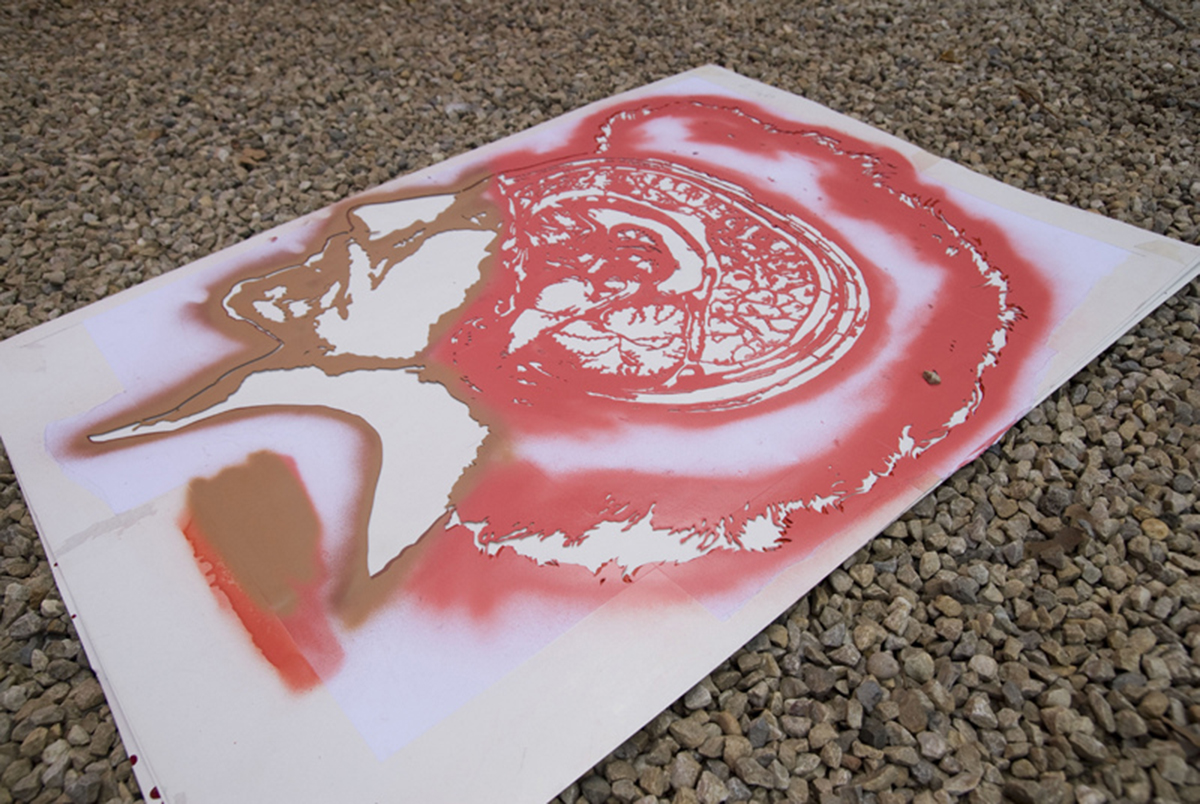Table of Contents
- Delusions
- Hallucinations
- Disorganized speech
- Disorganized behavior
- "Negative symptoms": a lack of behaviors that "normal" people typically display.

Delusions
Delusions, firm beliefs that something is true in spite of ample evidence to the contrary, affect 90 percent of schizophrenics. Though common, these delusions do vary greatly in nature. Let's take a look at some of the more common types of schizophrenic delusions.
The belief that people are out to get you when that is simply not true is called "a delusion of prosecution". People with schizophrenia may believe that the police is after them though they have not committed a crime, that their boss is trying to ruin their reputation, or that people in the neighborhood are conspiring against them.
A delusion of reference is the feeling that naturally occurring things are sending special messages to the schizophrenic. Maybe their favorite pop star is sending messages through the TV, or aliens are contacting them through ads on the internet. In this case, the message is real, but the sufferer has the bizarre belief that it is specifically directed at them, and interprets it in ways that do not make sense to the rest of the world.
Delusions of grandeur can make someone feel like they are really special. They may think they have special powers, are destined to be someone very important, or are someone famous. Delusions of control, meanwhile, lead a schizophrenic to think that someone is planting thoughts in their head, or alternatively transmitting their own thoughts to someone else.
Note that not all of these are present in all schizophrenia patients, and as with the other symptoms, they may not be present at all.
Hallucinations
Everyone is familiar with the concept of hallucinations. Hallucinations are sensations that are very real to the sufferer, but they do not exist outside their own minds. They can involve all senses, but auditory hallucinations — hearing things that are not there — are most common. The voices a schizophrenic hears are usually critical and frightening, and may order them to take certain actions.
Disorganized Speech
Strange speech patterns are very common in schizophrenics, and can partially be seen as a direct results of hallucinations and delusions. They may repeat things multiple times, ramble on, and use rhyming words with no apparent meaning. They may also shift from one topic to a completely unrelated one and say things that make no sense.
Disorganized Behavior
Disorganized behavior is another schizophrenia symptom. Not only can this involve a general struggle with daily functioning, it can also involve a lack of impulse control. The person's behavior may be unpredictable and erratic, and will appear bizarre and meaningless to the world around.
Negative symptoms
"Negative symptoms" is another term to describe the absence of behaviors that are normal in healthy people. It's what you won't see in many schizophrenics. They include a lack of normal, healthy emotional expression, connecting with other people, and an interest in the world around them. People with schizophrenia may not be interested in self-care including personal hygiene, and lack motivation and enthusiasm.
See Also: Is Obsessive Compulsive Disorder A Risk Factor For Schizophrenia?
Don't Armchair Diagnose
These symptoms should give you a general insight into the behavioral patterns and inner world of schizophrenics. If these behaviors are present in someone you know, it's clear that they are struggling with something, and that they need help. However, never be tempted to armchair diagnose someone. Other disorders can cause behaviors that look very similar to the outside world, and symptoms like these may also be caused by Bipolar Disorder, Post Traumatic Stress Disorder, epilepsy, a brain tumor, and psychotic disorders that aren't schizophrenia.
- Photo courtesy of CarbonNYC [in SF!] via Flickr: www.flickr.com/photos/carbonnyc/4461823997
- Photo courtesy of Abode of Chaos via Flickr: www.flickr.com/photos/home_of_chaos/6002795846

